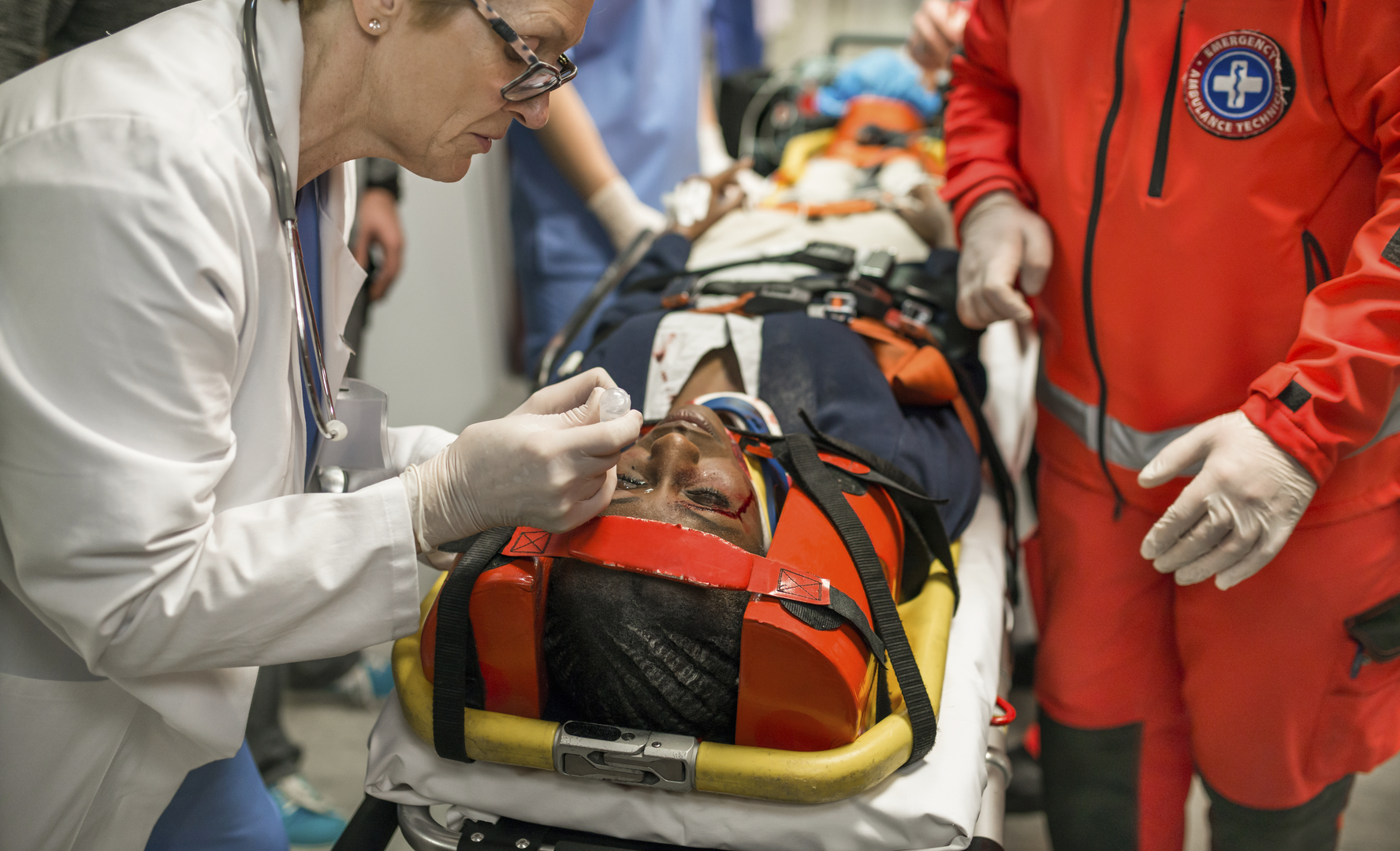
“Seeking healthcare is the ultimate better-safe-than-sorry decision of a person’s life.”
So notes a recent article on how ERs are beginning to use AI to sort through the myriad patients showing up in their hallways to determine who is really having a medical emergency, a distinction more critical now than ever in light of the coronavirus pandemic.
Interestingly, it was a different global outbreak – the Zika virus – that inspired the launch of GYANT, a health IT solutions company that uses AI to triage prospective ER patients.
“Our original vision was to use technology to make healthcare a little bit easier for patients to navigate,” Chief Operating Officer and Co-founder Stefan Behrens said in an interview for the article.
They started with “a little AI virtual assistant” to help people understand their risk for Zika, and with that AI assistant they now partner with very large healthcare providers to offer a wider range of end-to-end services to help consumers get better outcomes.
In addition to their AI-driven consumer tool, GYANT also offers a B2B model where their assistant comes to consumers via healthcare providers, insurers and medical centers. By working through providers, Behrens explained, they can integrate into EHRs and deliver patients to the right care provider as necessary. After that, they can track patients to determine the care outcome: Did their assistant diagnose the situation correctly and did it move the consumer along the right path?
“In order to really move the needle, you have to integrate with the people delivering care and paying for care because that’s the only way to get true adoption,” Behrens said.
Now more than ever, with the coronavirus on the march, health authorities don’t want “patients with non-emergency patients heading to ER, on the fear that the highly contagious virus will spread rapidly through hospitals and vulnerable patient populations.”
But as Behrens points out, patients are often going to the ER because they don’t know what else to do. Sometimes, he noted, what a patient needs more than a care provider “is information to assess their conditions better. Sometimes, they need the recommendation to stay home, drink fluid and monitor for improvement or deterioration.”
In the age of the coronavirus, he suggested, they are going to need both the information and the recommendation, ideally without having to leave home.


